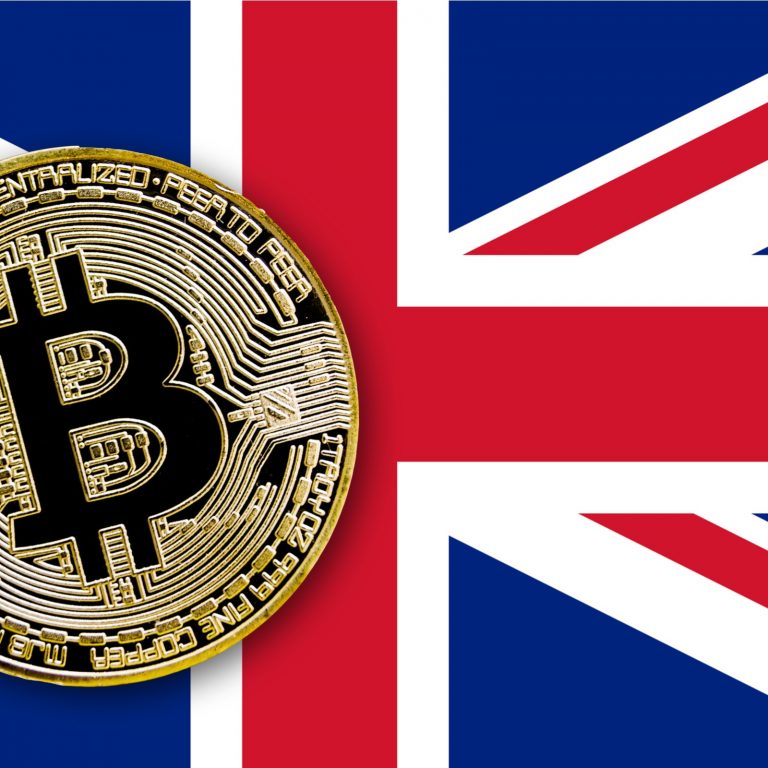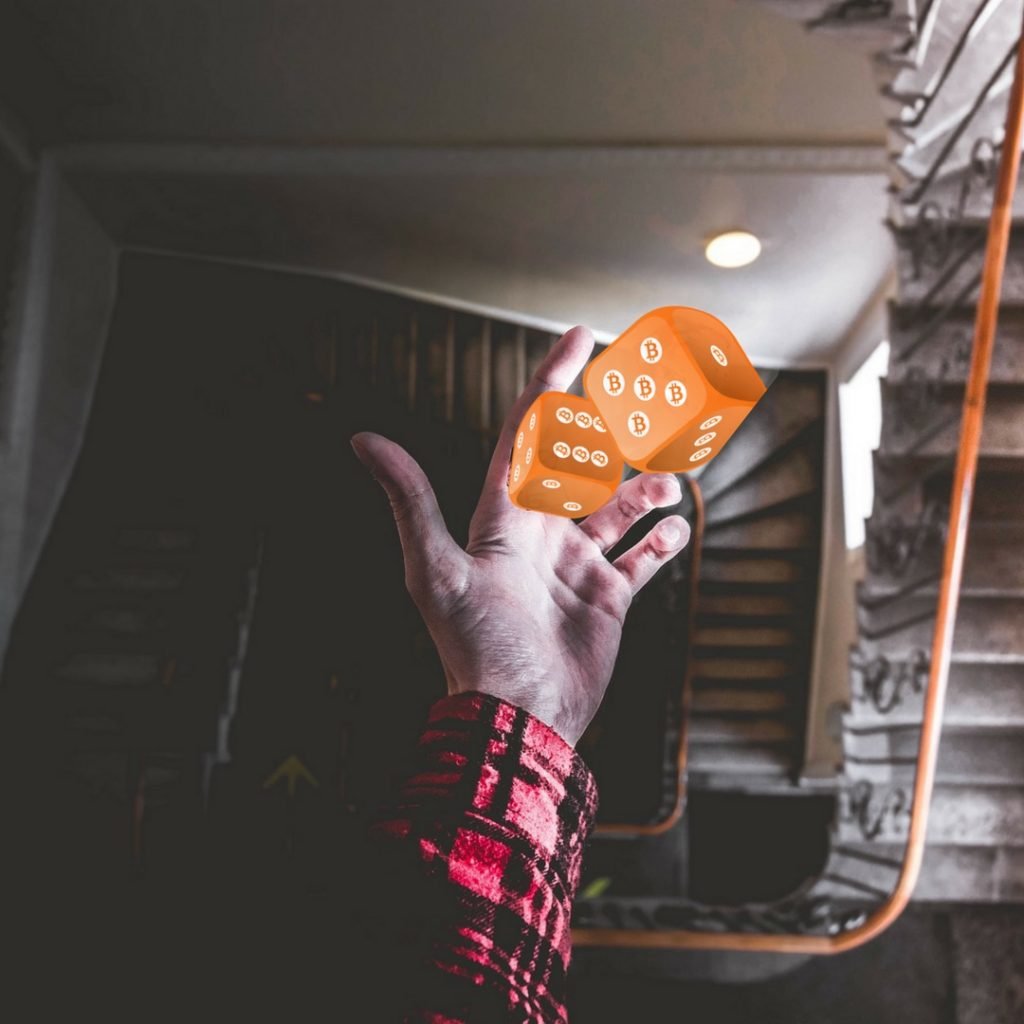Latest news about Bitcoin and all cryptocurrencies. Your daily crypto news habit.

If buying bitcoin isn’t a big enough gamble, there’s another way to wager with it – by betting on which merchant will be next to accept the digital currency. One British bookmaker has released odds on a range of big brands accepting bitcoin including McDonald’s, Walmart, and Amazon. Factor in margin lending and futures trading, and there’s never been more ways to bet with bitcoin.
Also read: Circle Financial Plans to Launch a New Investment App Next Year
Super-Sized and Decentralized
British bookmakers are fond of issuing novelty bets. It’s a means of drumming up free publicity and luring in punters who aren’t normally prone to gambling. From the odds of the Queen dancing to Gangsta’s Paradise to the likelihood of Andy Murray swearing at Wimbledon, nothing is too whacky. Despite the inanity of the bets, the odds are genuine, and thus indicative of the probability that the event will occur. Every year, scores of Britons take bookmakers up on their novelty offers and have a flutter.
The odds of McDonald’s accepting bitcoin before the end of 2018, for example, are 1/2, according to bookmaker Betway. In comparison, the British bookie is offering 1/5 on Walmart following suit, 6/4 for Amazon, and 5/2 for Apple. Given that bitcoin is moving away from everyday transactability to wealth storage, shrewd bettors may decide it’s more prudent to hold onto their money rather than risk it.
Despite offering bets on the probability of various bitcoin-related events coming to pass, Betway doesn’t allow its own casino customers to wager with the digital currency. Even if it did, it’s hard to imagine anyone wanting to lock up their bitcoin for a year at odds of 6/4 when there’s a good chance that simply hodling would yield a greater return. The same bookmaker has also offered odds of 11/8 on bitcoin surpassing $20,000 by the end of next year. Once again, however, believers in such an outcome would be as well to buy bitcoin.
Betting Good, Bitcoin Bad
 Everyone wants to bet with bitcoin in some shape or form, it seems, but no one actually wants to pay for things with it. This week, a member of the British Parliament enquired as to whether cryptocurrency could be used to pay taxes. The written response from a government minister was unequivocal: “HM Revenue and Customs [Britain’s IRS] does not offer digital currencies as a payment method and has no current plans to do so.” The same politician also confirmed that profits made on cryptocurrency are chargeable at the normal capital gains rate.
Everyone wants to bet with bitcoin in some shape or form, it seems, but no one actually wants to pay for things with it. This week, a member of the British Parliament enquired as to whether cryptocurrency could be used to pay taxes. The written response from a government minister was unequivocal: “HM Revenue and Customs [Britain’s IRS] does not offer digital currencies as a payment method and has no current plans to do so.” The same politician also confirmed that profits made on cryptocurrency are chargeable at the normal capital gains rate.
If your bitcoin appreciates 10x, in other words, you’ll be expected to pay tax on its final valuation, rather than the price it was purchased for. The UK government has embraced gambling, allowing the trade to flourish while pocketing the tax windfall, but has been lukewarm on bitcoin. Despite fintech thriving in the city of London, cryptocurrency usage nationwide is still limited to the usual early adopters. The slow uptake is exacerbated by the fact that the UK still has zero bitcoin exchanges that permit OTC trading at market rates.
Until the government rectifies the matter, British investors find themselves short of options. They can either purchase coins from a European change for a premium or give up in frustration, place their savings on a novelty bet, and pray that McDonald’s starts accepting Bitcoin before 2019.
Which major brand would you pick to start accepting bitcoin in 2018? Let us know in the comments section below.
Images courtesy of Shutterstock.
Express yourself freely at Bitcoin.com’s user forums. We don’t censor on political grounds. Check forum.Bitcoin.com.
The post Britain: Where You Can Bet on Bitcoin but Can’t Find a Bitcoin Exchange appeared first on Bitcoin News.
Disclaimer
The views and opinions expressed in this article are solely those of the authors and do not reflect the views of Bitcoin Insider. Every investment and trading move involves risk - this is especially true for cryptocurrencies given their volatility. We strongly advise our readers to conduct their own research when making a decision.

